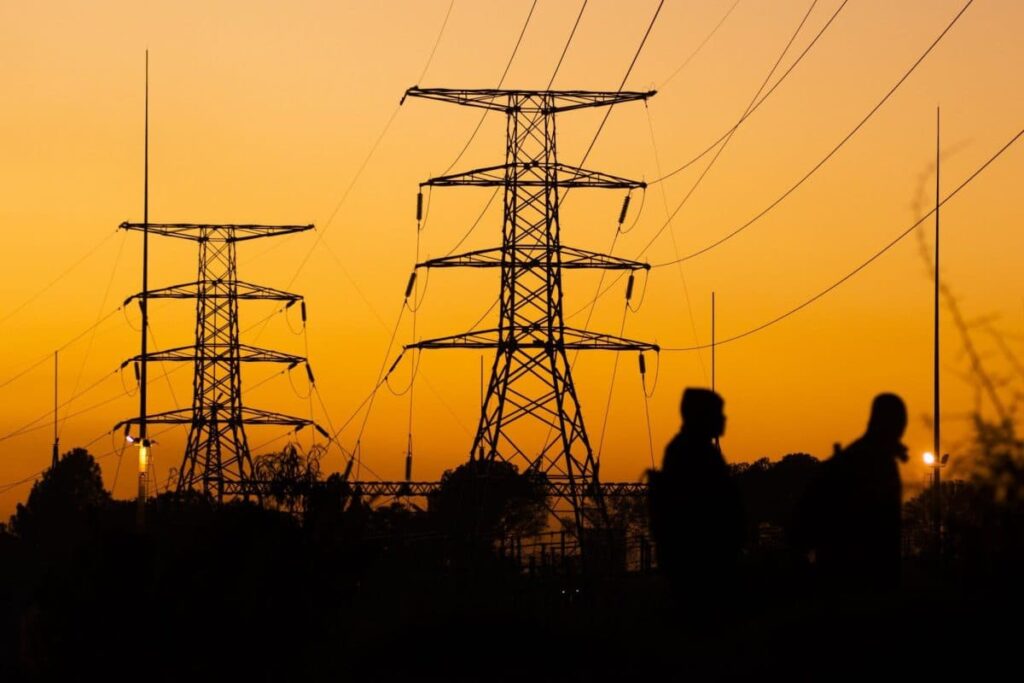Kaduna State Businesses Struggle to Survive Amid Two-Week Blackout
A prolonged power outage has thrown Kaduna State in Nigeria into darkness, crippling businesses across various sectors of the economy. The blackout, which has lasted for two weeks, has had a devastating impact on commercial activities in the region.
The crisis began shortly after the pump price of petrol was increased to 1050 naira, leading to a surge in public transportation fares. As a result, many businesses, including barbing salons, hairdressing establishments, and soft drink vendors, have been forced to shut down due to exorbitant fuel prices.
Entrepreneurs like Jonah Adejor, who sells soft drinks in Kaduna’s city center, have reported significant losses. "Since the blackout, my customers have disappeared. They prefer buying cold drinks, but without electricity, I’m struggling to sell anything," he said. Similarly, Muhammad Imran, a beverage seller along the Kaduna-Abuja road, has seen his daily earnings shrink from 15,000 naira to just 3,000 naira.
According to the Transmission Company of Nigeria (TCN), the persistent blackout is a result of security challenges hindering repairs on critical transmission lines. Despite efforts to restore electricity through alternative means, the TCN has admitted that the situation may not be fully resolved anytime soon.
The ongoing power outage initially stemmed from vandalism of the Shiroro-Mando transmission line, which supplied bulk electricity to northern states. To mitigate the impact, TCN diverted electricity through the Ugwuaji-Apir 330-kilovolt (kV) double-circuit transmission line. However, a tripping incident on this alternative line has worsened the power supply situation.
Engr Nafisatu Asabe Ali, Executive Director of the Independent System Operator at TCN, explained that the repair of the Ugwuaji-Apir line would only provide a limited solution. Due to voltage stability issues in Kano, only 350 MW of power can be safely transmitted to Kano, Kaduna, and parts of Niger Republic. The Shiroro-Mando transmission line, which supplies more power, remains out of service due to insecurity in the damaged area.
TCN has received security advice indicating that the area where three towers were destroyed is currently inaccessible due to ongoing security issues. Despite having materials needed for repairs, the company cannot proceed until the security situation improves. The region is currently sharing 250 MW of electricity with Niger Republic, and when the Ugwuaji-Apir line is restored, the maximum power transmission will reach only 350 MW.
Meanwhile, the Chairman of the Nigerian Electricity Regulatory Commission (NERC), Garba Usman, has criticized the TCN for its lack of solutions to prevent equipment failures, particularly transformer explosions, which have contributed to recurring power outages. He emphasized the need for stronger protective measures to avoid transformer fires that disrupt the entire grid.
As the blackout continues, businesses in Kaduna State remain uncertain about their future. With no end in sight to the power outage, entrepreneurs and residents alike are calling for urgent solutions to address the crisis and restore electricity to the region.
